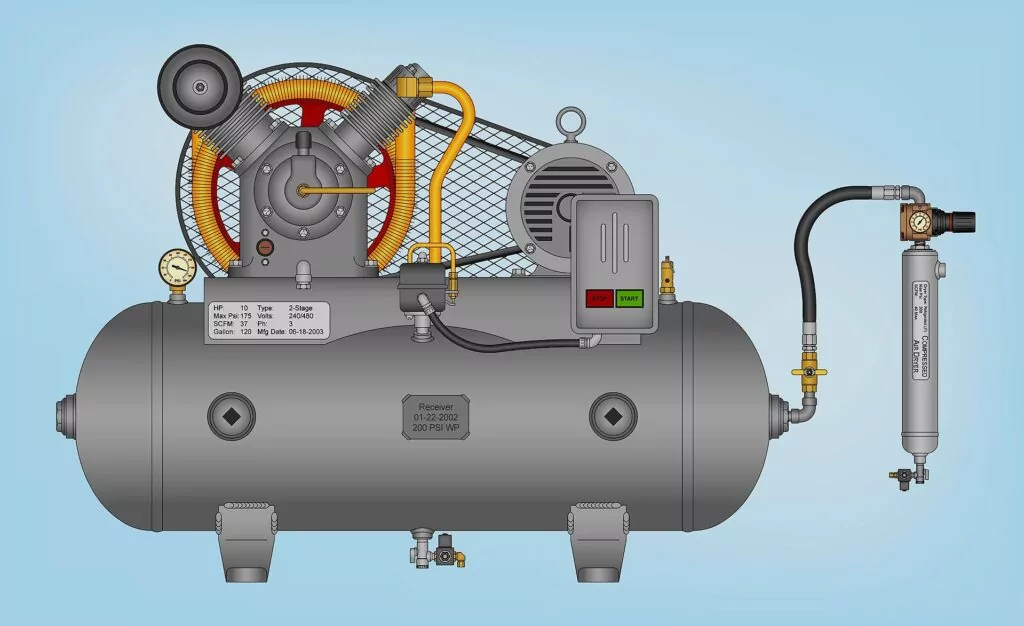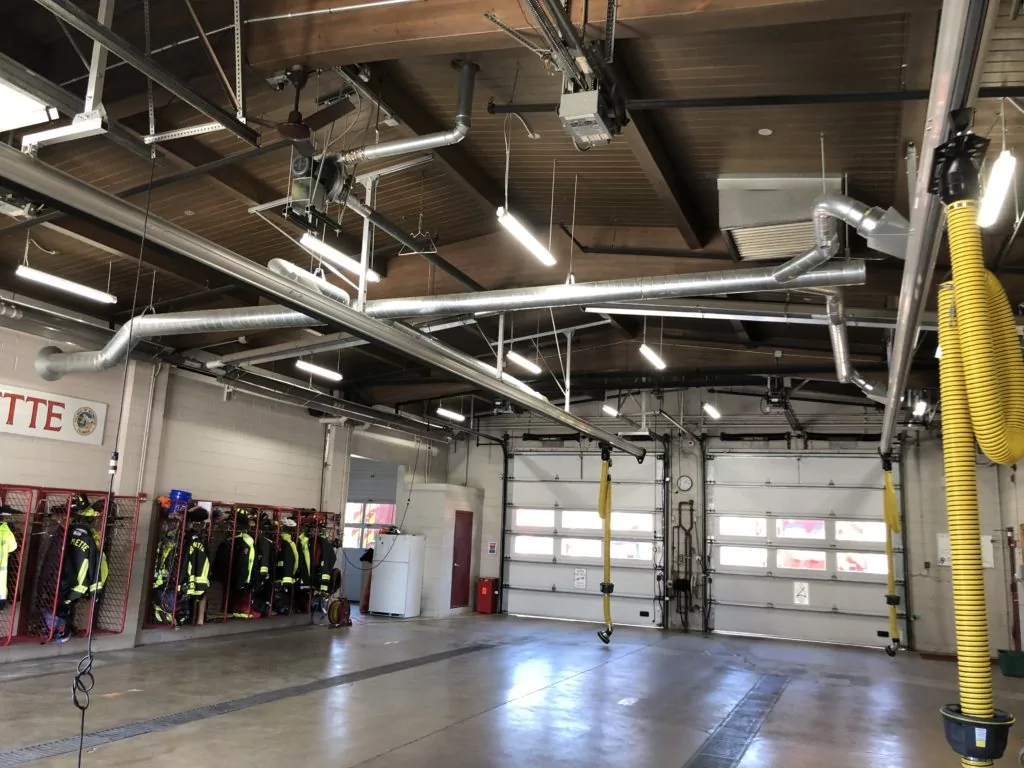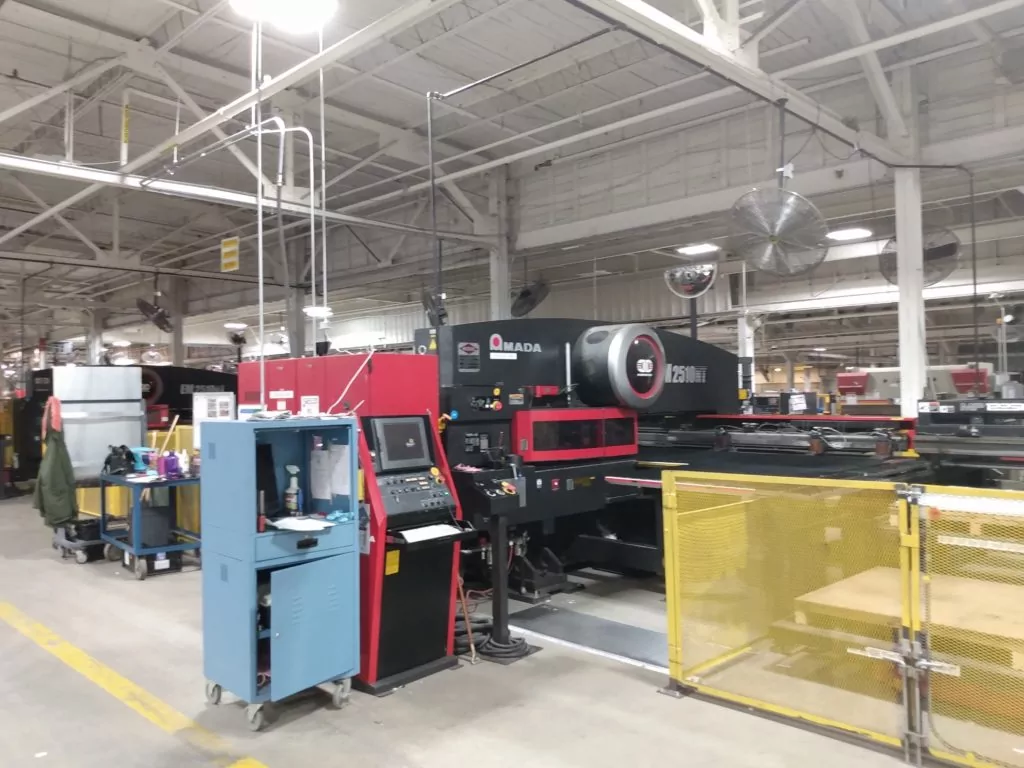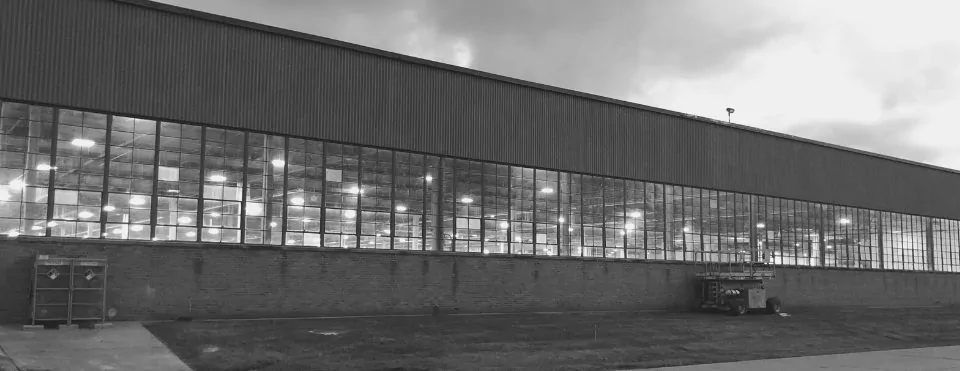Compressed Air Energy Efficiency

Aug 01 2023
Compressed Air Energy Efficiency: How to Save Money and Reduce Your Carbon Footprint
Compressed air is a versatile and essential tool for many businesses. However, it can also be a significant source of energy consumption. In fact, compressed air systems can account for up to 30% of a facility’s electricity use.
There are a number of ways to improve the energy efficiency of compressed air systems. By implementing some simple changes, businesses can save money on their energy bills and reduce their carbon footprint.
Here are some tips for improving compressed air energy efficiency:
- Eliminate air leaks. Air leaks are one of the biggest sources of wasted energy in compressed air systems. A single leak can waste as much as 100 cubic feet of air per minute.
- Reduce the pressure. The higher the pressure, the more energy is required to produce compressed air. Reducing the pressure by just 10% can save up to 5% on energy costs.
- Use variable speed drives. Variable speed drives (VSDs) can help to improve the efficiency of air compressors by adjusting the speed of the motor to match the demand for compressed air.
- Install a heat recovery unit. Heat recovery units can capture the heat generated by air compressors and use it to heat water or air. This can save up to 30% on energy costs.
- Maintain your system regularly. Regular maintenance can help to keep your compressed air system running efficiently. This includes changing filters, lubricating components, and inspecting for leaks.
By following these tips, businesses can save money on their energy bills and reduce their carbon footprint. These savings can be significant, and they can help businesses to become more sustainable.
Other Energy Efficiency Measures
In addition to the tips above, there are a number of other ways to improve the energy efficiency of compressed air systems. These include:
- Using energy-efficient air compressors. There are a number of energy-efficient air compressors on the market that can help to reduce energy consumption.
- Optimizing your compressed air system. A qualified compressed air engineer can help you to optimize your compressed air system for maximum efficiency.
- Implementing a compressed air management program. A compressed air management program can help you to identify and address areas of inefficiency in your compressed air system.
By taking steps to improve the energy efficiency of their compressed air systems, businesses can save money, reduce their carbon footprint, and become more sustainable.
Featured Posts

Mar 15 2021
Energy Savings Formula
In 2002, I became a firefighter in the north suburbs of Chicago. I was young and idealistic - loving almost every part of the job. However, I had another secret passion - sustainability. In addition…
Continue Reading >

May 02 2019
Verde Energy Efficiency Experts 10 Most Sustainable Companies in Chicago
In our energy efficiency consulting firm, we constantly look for inspiration from local companies that lead and innovate in clean energy and sustainability. Not all companies have billion dollar budgets, but that doesn’t mean that…
Continue Reading >
Related Articles

Aug 29 2023
The Benefits of a No Loss Condensate Drain
A no loss condensate drain is a device that removes condensate from a compressed air system without allowing any compressed air to escape. This is in contrast to a manual drain or a timed drain,…


